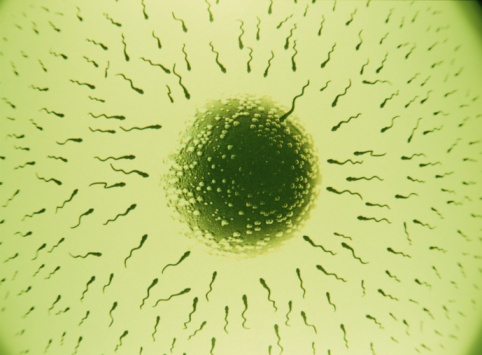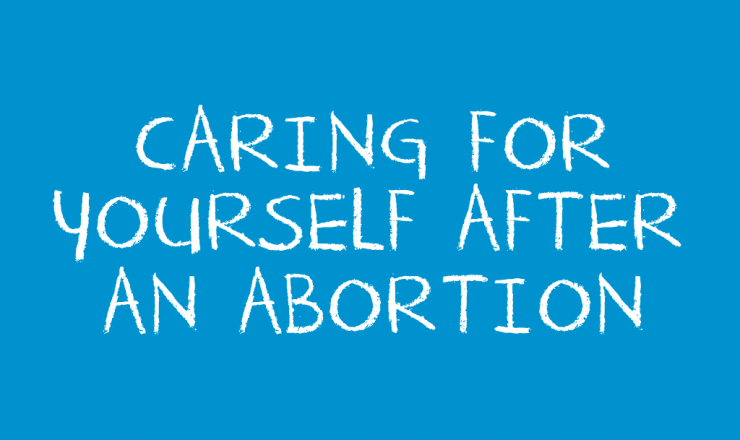Exploring Self Pleasure
Expanding the definition of masturbation
Sexual self pleasure resources often talk about one thing (masturbation) with a limited definition (touching your genitals in ways that give you sexual pleasure). This narrow understanding can limit all the different ways that people give themselves pleasure: masturbation can include more than touching genitals, and sexual self pleasure can include more than masturbation.
Pleasure is something that bodies can experience in different ways. Sometimes it’s eating a delicious meal, wearing comfortable clothes, or napping. Bodies can also experience pleasure sexually. Different physical pleasures do not replace each other. Eating your favourite food does not feel the same as wearing your favourite outfit. Sexual pleasure is its own unique feeling, and you have the right to experience and explore what that means for yourself.
There are more ways to experience sexual self pleasure than touching your genitals. Other sensations you might explore could include:
- Touching all parts of your body that give you pleasure (hair, butt, nipples, etc.).
- Using sex toys or other objects to stimulate your body.
- Using massage oils or lube on yourself, wherever it feels good.
- Playing with different sensations across your body (heat/cold; pleasure/pain; things that feel tingly, soft, scratchy, etc.).
Your senses and imagination work together to create your personal erotic and sexual space. Beyond physical sensations, you can read, look at, or listen to things that you find sexy (like erotica, photos, porn, or music), or fantasize about situations that turn you on.
Why self pleasure?
Because it feels good. That can be the whole point. Some other reasons why you might engage in self pleasure include:
- Relieving sexual or physical tension
- Relieving stress
- Passing the time
- Relieving menstrual*/abdominal cramps
- Stimulating blood circulation
- Learning about your body, and finding out what feels good for you
- Getting ready for sex with a partner
- Building a connection to your body
- Having an orgasm
- Avoiding risks of STIs or pregnancy
- Having a sexual experience to share with a partner
Who engages in self pleasure?
Everybody! People of all ages, genders, abilities, sexualities, ethnicities, cultures, religions, and relationship statuses have a right to experience pleasure and explore it through self pleasure.
Exploring turn ons
Sexual arousal has mental, physical, and emotional parts to it. Some signs to notice that you might be getting aroused include:
- Feeling warm or your skin becoming flushed
- Your heart beating faster
- Heavier breathing
- Nipples becoming hard or erect
- Penises*, vulvas*, and clitorises* becoming erect/engorged
- Producing precum or vaginal* fluids
- Having sexy thoughts
- Feeling more connected to your body
For more info on how arousal can affect genitals, please see our Below the Belt fact sheets.
It can take a bit of time and experimenting to discover what works for you. Some common experiences include:
- Your turn ons and how your body responds to them can change based on a lot of factors like your energy levels, emotional state, time, comfort, stage of life, etc.
- What turns you on one time may not be satisfying when you try it again, or maybe it only works under certain conditions.
- You might notice yourself getting turned on by something first, and then that makes you want to engage in self pleasure.
- You might decide to try self pleasure first, and then it takes some effort to get yourself turned on.
- You may notice that a sensation feels nice, but isn’t sexy to you.
- Your body might not react to things that you imagine will be sexy.
- You might find that some things are fun to think about, but you have no interest doing them in real life.
Navigating negative feelings
While masturbation is a totally normal and natural thing to do, you may have conflicting feelings about it. Reasons for this could be:
- Stigma and shame: There is a lot of stigma about sexual self pleasure. This can make enjoying self pleasure feel like it’s shameful, wrong, or not normal. These are often ideas we pick up from school, family, or religion. Sometimes experiencing a traumatic event can cause feelings of shame as well. Contrary to these negative messages, pleasure is a normal part of life.
- Lack of familiarity with self pleasure: Not many people learn or think about sexual pleasure as part of sexual health. This can mean that some people don’t talk about pleasure in general or self pleasue specifically, don’t get to ask questions about it, or don’t learn to think about it as an important part of their sex life. Sometimes different aspects of your identity (e.g. gender) can impact your feelings of deserving to feel good. Wanting to experience pleasure, including self pleasure, is a normal thing.
- Feelings about porn: How you feel about the porn you use can inform your feelings about sexual pleasure, both positively and negatively. For more info on navigating feelings around porn, please see our Porn Literacy
Some ideas for working through negative feelings could include:
- Making pleasure a habit outside of sexual pleasure. Consistent, easily accessible pleasure (like eating dessert, basking in the sun, or getting a massage) can remind you that you deserve things that make you feel good. Building up this feeling with non-sexual stuff can help when you want to put more energy into your sexual self pleasure.
- Scheduling time for it. You can put time for self pleasure into your calendar, the same way you would for an important meeting or hanging out with friends. Dedicating time to explore self pleasure can help make it feel like a worthwhile activity.
- Doing research. Reading, watching, or listening to sex-positive things about pleasure/self pleasure can help reframe how you think about it in your own life.
- Being kind to yourself. Your relationship to self pleasure is ongoing. How it is today is not how it will always be. There may be days where understanding your pleasure is easy, and days where it’s more difficult.
When is it too much?
There’s no specific amount of self pleasure that is too much. Everyone is different. You might never do it, or you might do it multiple times a day. If you find that the time you’re spending on self pleasure is getting in the way of other activities (like school work, spending time with family or friends, or other responsibilities), that might be a sign to think about how you prioritize it in your life.
Depending on how you engage in self pleasure, there may be a physical limit to what your body can handle. You may want to take a break if you notice that you’re experiencing unwanted pain or irritation. Touching your genitals frequently will not decrease nerve sensitivity long-term (although some people may find they experience tingling or numbness after a long or intense session). You may notice that imagining the same fantasies during self pleasure decreases their effectiveness at turning you on. If you start getting bored by your regular self pleasure activities or fantasies, that could be a sign to take a break or try something new.
If you have complicated feelings about self pleasure or are concerned about the ways you engage with it, talking about it with someone you trust may help. Sex-positive friends, partners, counsellors, sex therapists, or health care providers can be great resources for help, information, or support in dealing with embarrassment, stigma, shame, or other feelings that are coming up for you.
If you have questions about this topic, feel free to contact one of our peer educators. [Link]
*We know that these aren’t the words everyone uses for their bodies (eg. trans folks), and support you using the language that feels best for you.
Last Edited: May 2020






